
In the
next few months there are a few early 20th Century magician
movies coming out including THE PRESTIGE, CARTER BEATS THE DEVIL and Neil
Burger’s THE
ILLUSIONIST with Edward Norton, Paul Giamatti and Jessica Biel. I
had a chance to see the latter film and enjoyed the old-fashioned feel of
this love story that turns into a mystery. Burger
first gained attention for his 2002 debut feature INTERVIEW WITH THE
ASSASSIN. But Burger trades in this
documentary style for an old-fashioned, mystical look at magic.
I had
a chance to talk with him when he dropped by the Four Seasons in
Beverly Hills
. To be honest I had not seen his
first feature and knew little about him aside from what you read online.
But after seeing THE ILLUSIONIST, I thought he would be a pretty
interesting guy. And truth be told, he
is. He has a terrific knowledge of
history and he has a very good eye as a director.
He was very personable and seems to enjoy talking shop and of course,
the art of the illusion.
Neil
Burger

Are
you a fan of magic?
You
know, I’m a fan of magic as much as the next person.
I wouldn’t say I’m an aficionado or something like that but when
you’re with these guys, and we had these great magic consultants.
In particular Ricky Jay is an incredible magician, an actor as well
and most importantly for me he’s a historian of magic but when you sit
with these guys and they just do the smallest little trick it just blows
your mind. So, like anybody else
I can certainly enjoy that. But
to me, the movie is less about that magic and how do you do it and more
about coming face to face with something unexplainable or incomprehensible
and how that changes your perception on things.
The
movie’s sort of set up to make us question, is it real magic or is it
illusion magic.
Right.
If
we go along for the ride and say its real magic isn’t it kind of just
movie magic?
Well,
I think again it’s… all the illusions that we did are based on real
illusions, we tried to do them as much as they could have been done as they
would have been done at the time. And
to make us, the audience that is so sophisticated as you say about CGI and
digital effects and things like that, like, how do we trick them into
thinking its really how Eisenheim is doing it.
And the way we did that is by really having… you know, Edward
(Norton) did all his own slight of hand and we did the illusions as much as
we could as they would have done them then.
And
when we couldn’t do it, we still did, in camera or practically or however.
But to me, whether it’s real or not, is not the question, but even
if it’s not real, it still puts you in mind of, I don’t know…
To me the role of the magician is to remind us of the mystery of
existence basically and to inspire awe and mystery at that existence.
Whether the magician has real power or not, for a moment he puts you
in mind of something incomprehensible and remind you that there’s just
greater powers in the world, you know. And
the works of man are very small. And
so I think even when it’s just a trick, just for a moment you feel that,
and that’s a really important function.
Is
there something very early 21st century about that idea that we
have this, there’s The Prestige coming out in two months, there’s Carter
Beats the Devil, there’s a whole rise of magic (in theatres)?
You
know, I don’t know what the reason that is, in a certain way it’s
coincidence and the other reason I think perhaps is, the same way in the
movie. The movie takes place in
a time of political upheaval and turmoil and I think in times of that sort
of disruption, people reach out for something more spiritual as they do in
the movie. They crave something
that reminds them of some sort of higher power that makes more sense to
them. And I think that perhaps
something like that is happening today and maybe the movies are a result of
that. Some sort of relationship
there.
What
specifically struck you in the story?
The
short story is by Stephen Millhauser who won the Pulitzer Prize in 1997.
It’s a twenty page short story.
It’s a beautiful gem of a story, it’s not a movie, you know,
it’s not a full length movie. It
doesn’t have Sophie and it doesn’t have the Crown Prince in it, I
invented those characters. What
it does have is this kind of transcendent idea that I was talking about,
that sort of uncanny sense that nothing is what it seems.
You know, that you really have come face to face with something
incomprehensible and kind of mind-blowing and how that changes your
perceptions of everything.
Is
it based on a true story?
It’s
not really inspired by a true story. Millhauser
I’m sure did a massive amount of research and Eisenheim is sort of based
on Robert-Houdin, the father of modern stage magic.
I did a massive amount of research and have it be as true as possible
but to me, that’s not so much the important thing.
I mean, I wanted it to be true to the time but not trapped by it.
It’s a period movie but it’s not like a typical costume drama.
For me it’s about other things, about the ideas of perception that
we were talking about and this power game between Inspector Uhl and
Eisenheim.
Can
you talk about how the casting all came together?
Yeah,
well. Edward had read an early
draft of the movie. My producers
are Brian Koppelman and David Levien who wrote Rounders and Edward was in (Rounders)
and they had kept up with him. When
I wrote the draft, they showed it to him and he liked it but I don’t think
he was available at the time or something like that.
And then, you know as these things do, another year goes by and then
suddenly everything’s different, he read it and he liked it and came
aboard. And then after he came
on board, then I actually had lunch with Paul (Giamatti) on the day that
Sideways opened actually and he wanted to do this movie, which was
incredibly flattering and gratifying.
He did
this great big movie and it was The Illusionist that he wanted to do next.
But he’s kind of an unlikely bit of casting for this having done
most of these neurotic losers before [Laughs].
But in a way, I knew he was such a good actor and I wanted sort of a
fresh take. I mean the
investigating inspector is kind of a conventional role and I wanted to do
something different, put a sort of a different spin on it.
And I knew that he had a very quiet power to him and you know…
he’s just amazing. And then
with Jessie, Jessica (Biel), she read for it and knocked us out actually
with her reading. I wanted
somebody who was a relative newcomer and certainly she was a movie star in
her own right for the younger group but I wasn’t that familiar with her.
What I
liked about her is she kind of has a fearless spirit, she herself has a
fearless spirit and the character of Sophie was again supposed to be
fearless and adventurous and willing to take these kind of bold risks and
Jessie is very much that kind of person.
She walked on the set with these three guys, Edward and Paul Giamatti
and Rufus Sewell, who’s also an incredibly intense guy and completely held
her own. She gave as good as she
got.
The
movie has such a beautiful look to it, you shot in Czechoslovakia?
Yeah.
But
for an independently financed movie it looks like it cost a lot more than it
did. Can you tell how much it
cost?
It
cost $16 million dollars. Which
is $16 million dollars, it’s a lot of money but it’s not…
It
looks like it cost $40 or $50 million…
Right,
right, well you know we just worked really hard on it and I had a very
specific look in mind. When I
was writing it, I always knew I wanted to have kind of a “hand-cranked”
quality to it cause I liked (that) sort of quality those older movies have.
There’s something sort of unnerving and disquieting about it, I
wanted that to go with what I was saying about this sense of coming into
contact with something unexplainable, sort of the uncertainty of that.
And I wanted the film to kind of back that feeling up.
So I wanted to use sort of old cinematic techniques of… not so much
techniques but the vocabulary of old cinema, the flickering and the vignette
(ing) and the grain and then use a very specific kind of color.
Speaking
of that, with the CGI and the “real” illusion, was there anything that
was more difficult and took a little bit more
because it had to look right on
camera?
Yeah…
in terms of everything or photography?
Photography?
Well
the photography, it’s based on this early color telephotographic process
called autochrome which was invented around 1903.
There’s autochromes and there’s autochromes; there’s some that
people think are hand tinted, which they’re not, and there’s some, like
in impressionist paintings and there’s other ones that, in particular,
that I liked which I used as a model. We
did a lot of testing with filters and things like that and as you say there
is a certain amount that we can do in camera but in terms of schedule and
not having a ton of money or a ton of time or not quite enough time we had
to leave some of it for post production.
But it was all shot knowing how we were going to treat it in post
(production), setting it up with those ends in mind.
After
all the research you did, are there still magic tricks that amaze you?
Oh,
they all do actually. As I said,
Ricky J. will do a card trick and it’s just so alarming.
It’s so unnervingly strange. He
did, years ago before I wrote the screenplay, I happened to meet him for
something else, he did one card trick for me where he [gesturing the trick]
held the card just this close to me put his hand over it, didn’t block the
hand from mine, just went like this and then one card in his hand changed to
a different card right before my eyes. I’m
sure… it was so weird and I don’t know how he did it, if he waited for
me to blink or what he did. I’m
sure it was incredibly simple for him but it was mind-blowing.
It sort of still rattles me to think about it and that’s actually
the feeling that I wanted to get from the movie.
Do
people want to be tricked, do you think?
I
think that they’re some people that want to be astonished and they’re
some people who are these fierce rationalists who want to know exactly how
things are done. I think in a
way, the movie is a struggle between those two people.
You know, the Crown Prince being sort of the fierce rationalist and
perhaps some of the members of the public or even Sophie, willing to be…
or Inspector Uhl, you know, torn between being astounded and wanting to know
how it’s done. That’s the
sort of struggle.
Where
are you on the scale?
Where
am I on the scale? Sort of right
in the middle, I like knowing… let’s put it this way, I like being lost
in the maze but still knowing how it’s put together, you know?
Your
star (Edward Norton) has a reputation sometimes of getting involved in the
editing room.
Right,
he didn’t actually.
Were
you weary of that before?
Yeah,
a little bit, yeah because I have my own… I’m a very hands-on director
and I feel like it’s a very hand made movie.
With the editing, you know I was in there for every single cut, every
single edit in the movie. My
editor’s a great editor but we worked hand in hand.
And so… the movie is the movie that I cut, nobody fooled with it
and I didn’t want anybody to fool with it.
[Laughs] You know, and he
didn’t get involved with it.
Did
you work that out ahead of time?
No, it
just didn’t happen. It’s a
pretty hard thing to work out ahead of time.
But no, he just didn’t get involved.
Plus he knew it wasn’t his, he had other movies; he produced Down
in the Valley and he’s producing Painted Veil which is coming out later so
I think he had his kind of pet project, he was going to be deeply involved
with. And this is something he
feels very strongly about, but I think he understood the vision of it and
that it was a particular vision and you know, let it go.
Ricky
Jay is sort of an old school magician, still does the basic illusions.
Do you think we have lost something in the sense of wonderment when
our idea of magic becomes David Blaine in a kiddy pool?
David
Blaine in a kiddy pool? [Laughs]
Well it’s interesting, cause the origin of this whole movie is
because David Blaine came to an early screening of my first movie, which is
called Interview with the Assassin. And
he came to a rough cut screening where we were showing it and he was sort of
a friend of a friend who came and he sat right in front of me and watched
the movie with his mom or girlfriend who like fell asleep on his shoulder,
right in front of me, the first screening of my movie, I was like, “It’s
a disaster.” Anyway he liked
the movie, that’s why my producers and I got to talk about magic and I
told them about this book.
You
know, David Blaine has the skills to do that stuff and I think he’s just
chosen these kind of… what’s the right word, I can’t remember… you
know, these crazy things, things that just stress his endurance and I
don’t know why but certainly he’s not the only guy… I mean, I don’t
know why that interests him. He’s
not the only guy doing magic, there’s a lot of interesting people out
there, there’s this guy who is not that well known, his names Derren Brown
in London, and he does these things where he can get you, he’ll like write
something down on a paper himself and put it in an envelope and put it
aside.
Somebody
else will hold it and then he’ll just start talking to you and he’ll ask
you to draw a picture, draw any picture you want and draw a picture and
he’s already drawn it and the way he does it, it’s not a trick, I mean
it is a trick; it’s all power of suggestion.
And he manipulates you to drawing what he wants.
So there are really interesting guys out there doing (this).
Blaine gets, you know… they’re huge publicity stunts so… ABC
specials or however it works. But,
you talk to Ricky, Blaine has the skills.
Let me
know what you think. Send comments and
questions to [email protected].



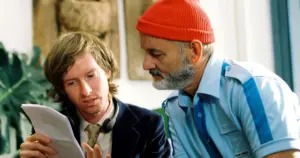
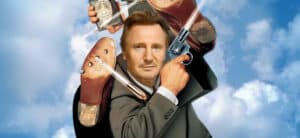
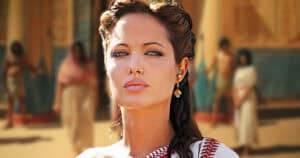



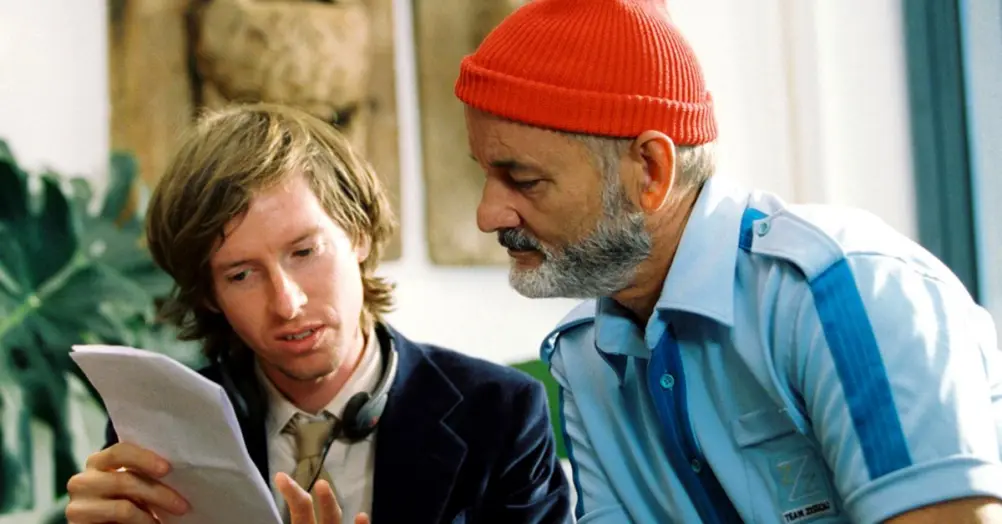
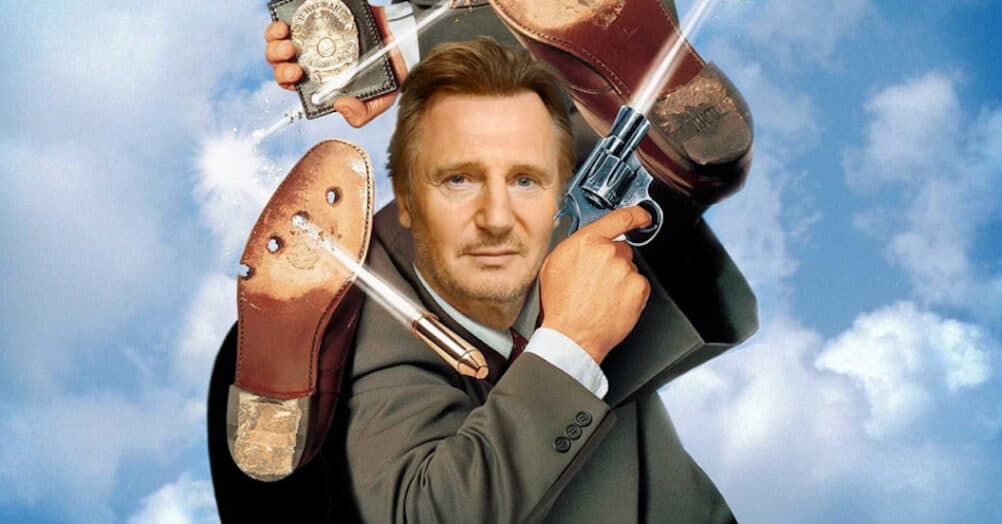
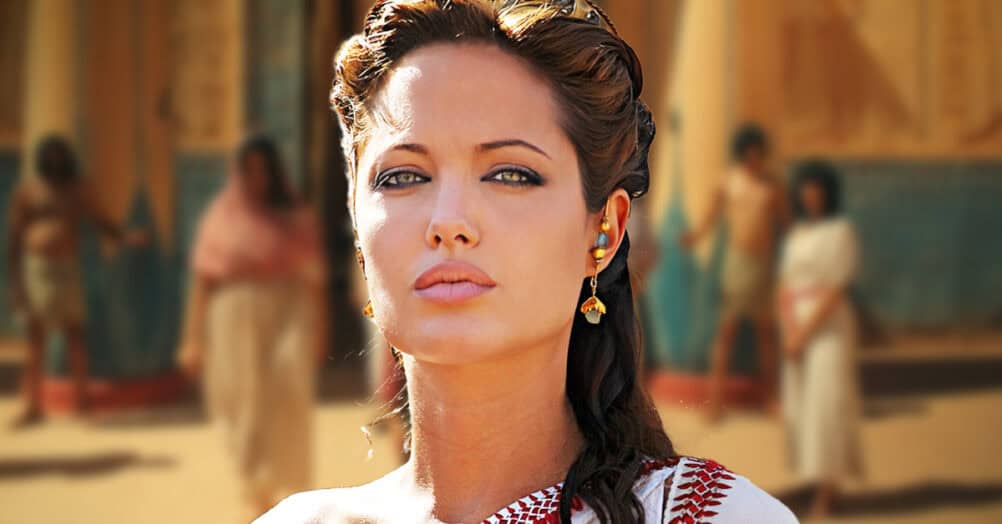
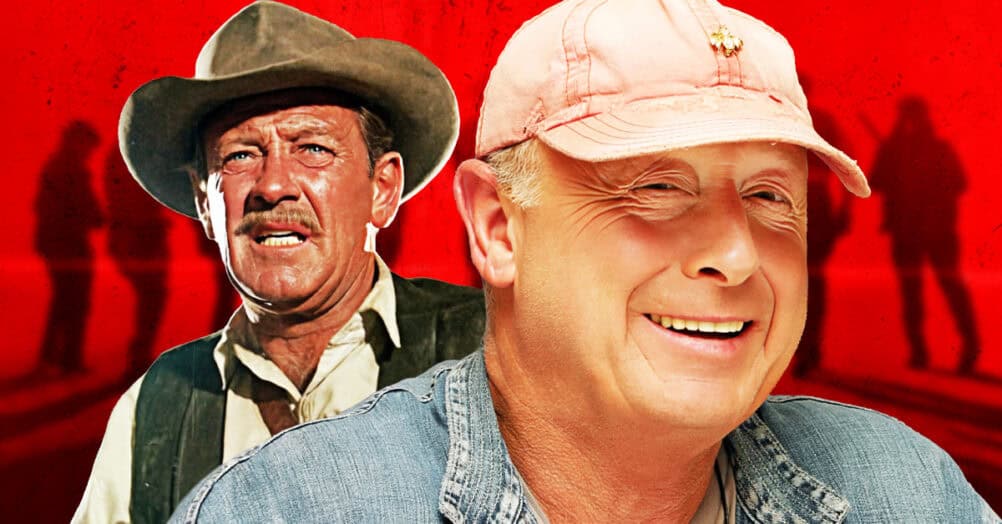
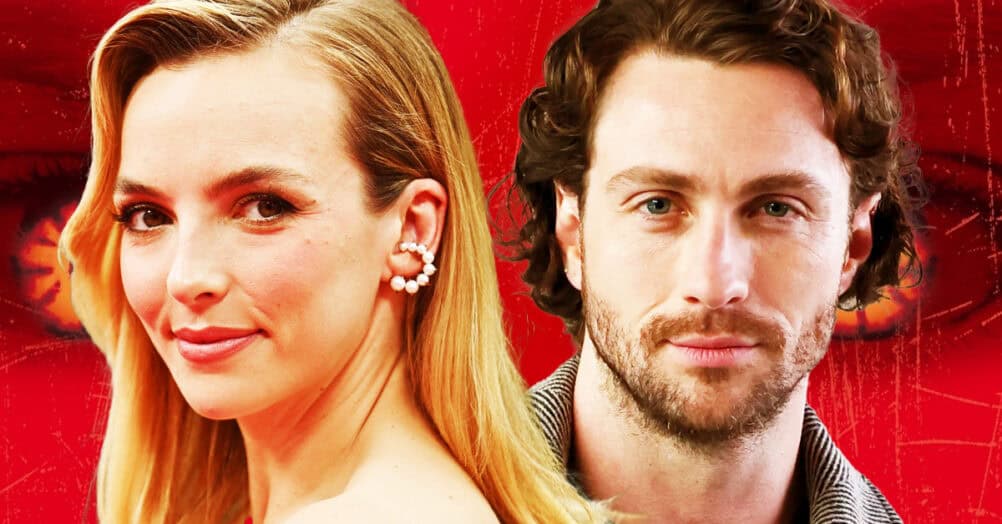
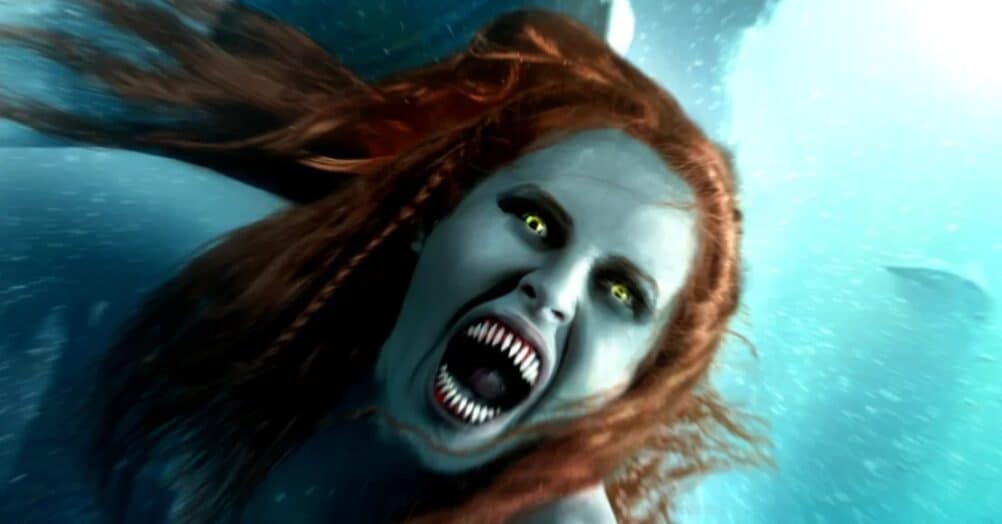
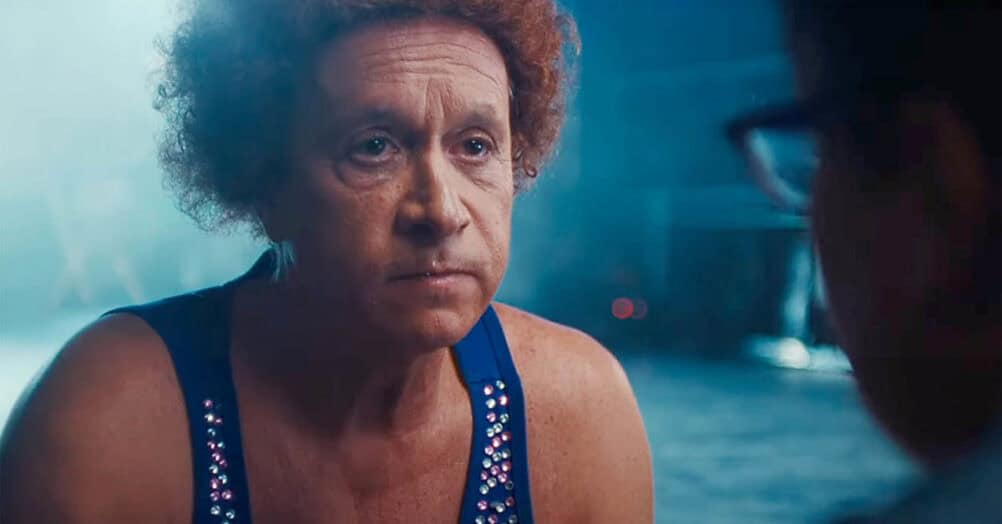
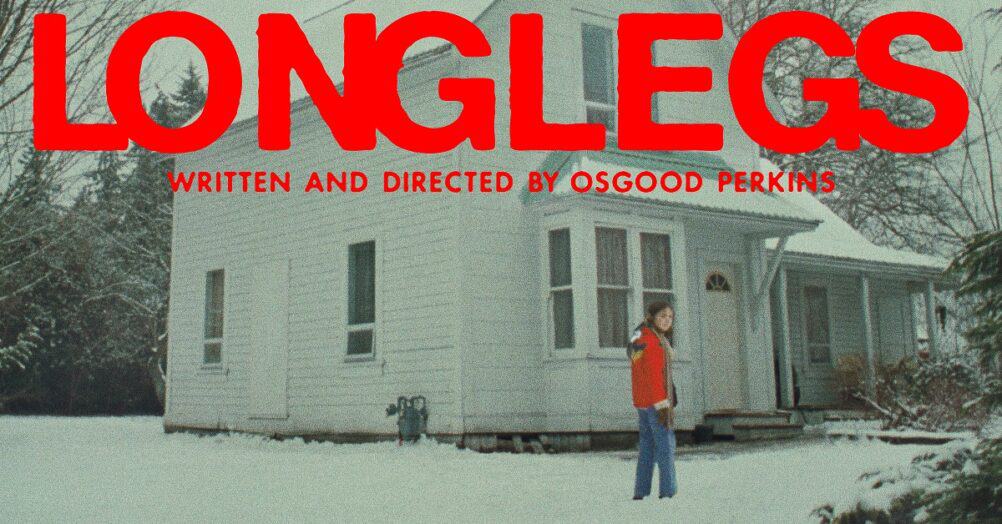
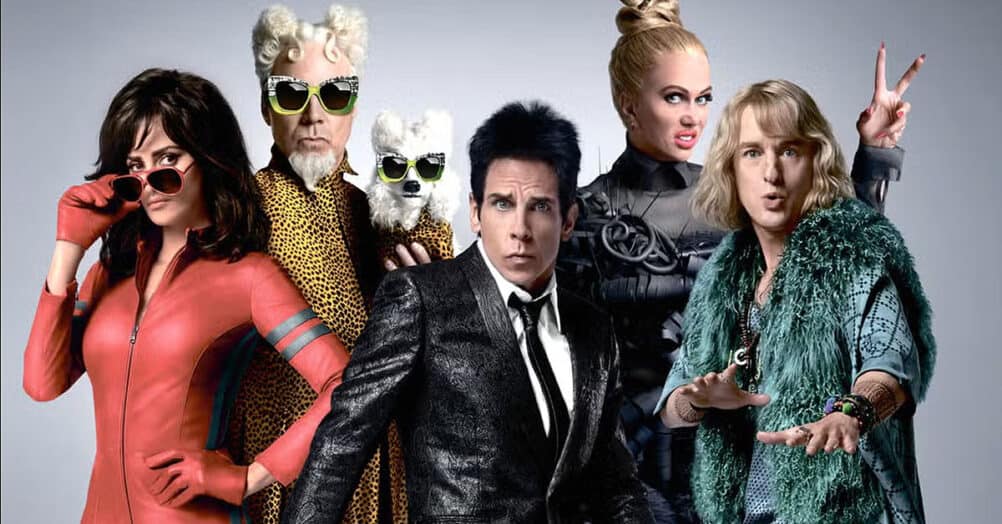
Follow the JOBLO MOVIE NETWORK
Follow us on YOUTUBE
Follow ARROW IN THE HEAD
Follow AITH on YOUTUBE